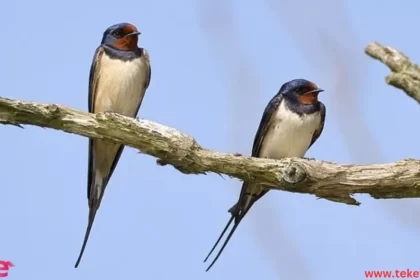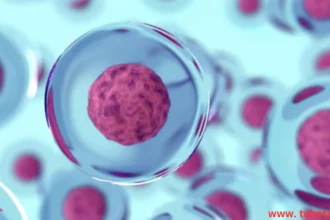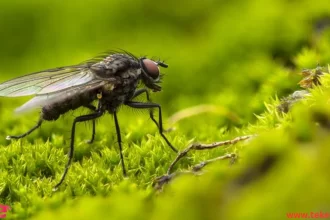Despite their immense popularity as intelligent and social birds, parrots require special and precise care, especially in terms of proper nutrition. Choosing the right food for a parrot not only affects its overall health but also plays a vital role in its activity and behavior. A balanced diet helps strengthen the immune system, improves mood, and enhances physical activity. Therefore, understanding the dietary needs of parrots is essential for their well-being. Here are the details in this article from teketrek.
What Do Parrots Eat? Essential Foods
As a fundamental step in learning how to care for a parrot, you must understand what parrots eat and the essential foods that should be included in their diet. Here are the primary foods that should be part of a parrot’s daily meals:
- Seeds: A good source of energy and vitality, but they should not be the only food; they must be part of a varied diet.
- Fruits: Essential for providing vitamins and fiber, such as apples, oranges, and bananas.
- Vegetables: Rich in minerals and vitamins, including carrots, broccoli, and spinach.
- Protein-rich foods: Important for muscle development, such as boiled eggs or legumes.

Foods to Avoid
After learning about essential foods for a parrot’s diet, you should also know which foods must be completely avoided to protect their health and prevent diseases when rasing parot at home. These include:
- Avocado: Strictly prohibited as it contains a toxin harmful to parrots.
- Chocolate: Considered toxic and can cause serious health issues.
- Caffeine: Harmful to parrots, including coffee and tea.
- Salty and fatty foods: Can lead to obesity or heart problems.
The Impact of Diet on a Parrot’s Health and Activity
The food a parrot consumes directly affects both its health and activity. A proper diet strengthens the immune system and helps prevent many illnesses. Foods rich in vitamins and minerals also support feather growth and improve vocal quality. On the other hand, an unbalanced diet high in fats and sugars can cause serious health problems such as obesity, heart disease, and digestive disorders.
The most common pet care mistakes and how to avoid them to keep your pet healthy and happy.
Tips for Feeding Parrots: Healthy and Balanced Nutrition
To provide a safe and healthy environment for your parrot, you need to follow some key feeding tips:
- Diversify the diet: Offer a variety of foods to ensure the parrot gets all the necessary nutrients.
- Serve fresh food: Try to provide fresh fruits and vegetables daily.
- Limit seed intake: Use seeds as a secondary part of the diet rather than the main food source.
- Monitor weight: Regularly check your parrot’s weight to prevent excessive obesity.
- Consult a veterinarian: Seek expert advice on nutrition based on your parrot’s species.

Frequently Asked Questions About Parrot Nutrition
Should I give my parrot dietary supplements?
In most cases, if the diet is well-balanced, supplements are unnecessary. However, in special cases, a veterinarian may recommend specific supplements. Always consult a veterinarian before giving any supplements.
How can I encourage my parrot to eat healthy food?
You can try offering food in different ways, such as cutting it into small pieces, placing it in feeding toys, or mixing it with other foods the parrot enjoys to make it more appealing.
How do I know if my parrot has a nutritional deficiency?
Signs of nutritional deficiency include noticeable feather loss, reduced activity, digestive issues, or behavioral changes. If any of these symptoms occur, consult a veterinarian directly.
Conclusion
Proper nutrition is one of the key factors in maintaining a parrot’s health and activity. Choosing the right foods while avoiding harmful ones ensures a long and healthy life for your pet parrot. Share your experiences and opinions on parrot care—what dietary options have worked best for your pet? Your insights might be valuable to others who are also caring for parrots!





